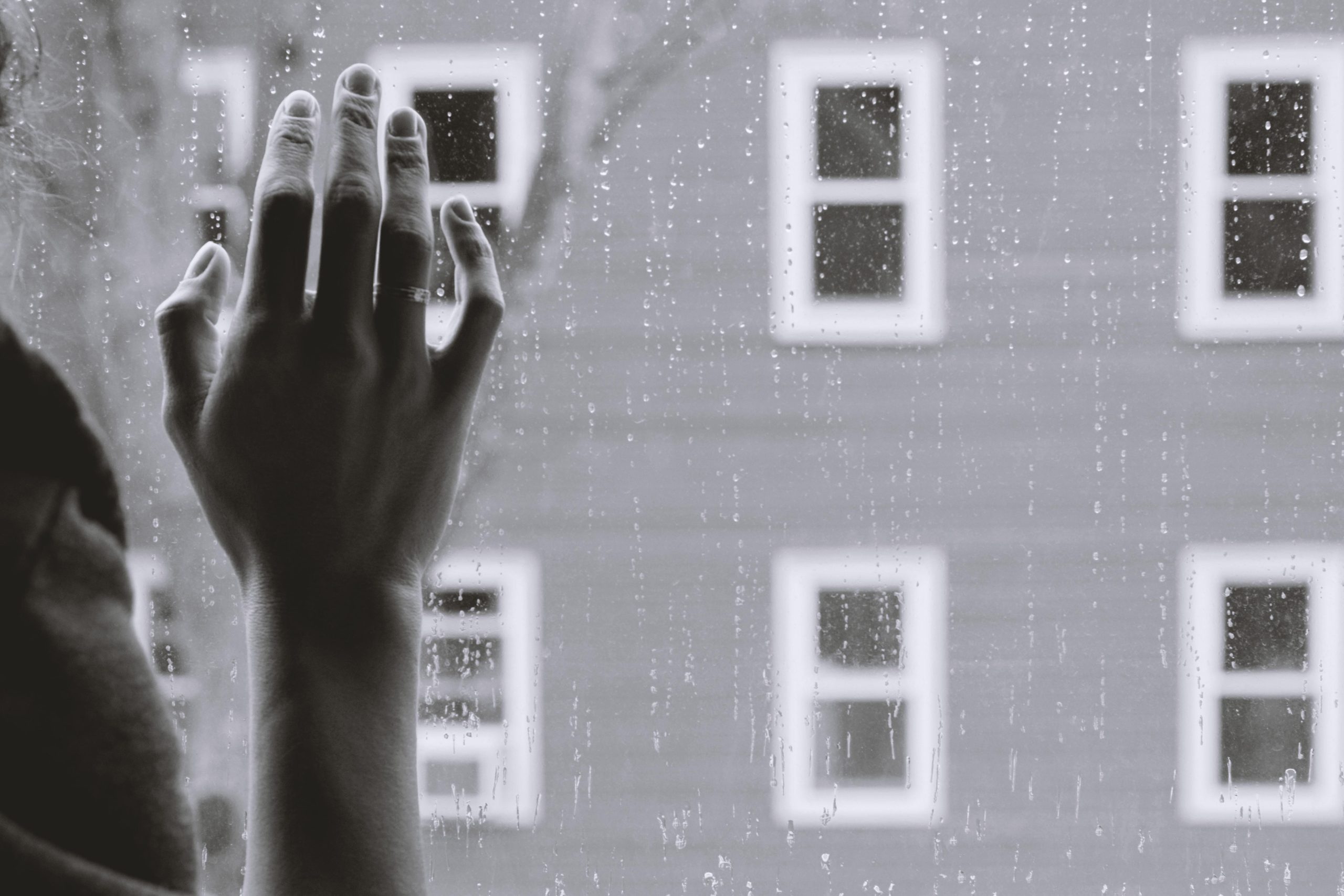
When someone close to you dies – maybe a parent, a spouse or a sibling – it’s a big loss. Those around you might acknowledge that loss by showing up with food, checking in or maybe sending a card.
But what about when a neighbor dies? Or that long-awaited family reunion is cancelled? There’s a chance others might not acknowledge or recognize it as a loss – and you may even feel guilty for feeling this way.
Bereavement expert Kenneth Doka calls this ‘disenfranchised grief.’ He coined the term in 1989 to capture this feeling of loss that no one seems to understand and that you don’t feel entitled to experience.
Doka and therapist David Defoe were interviewed by NPR about why it’s important to acknowledge, understand and honor those losses while also adapting to a changed life. Follow the link below to hear the interview and to find a related article with information and tips for responding to grief.
The story is part of LifeKit, National Public Radio’s family of podcasts to help you get it together and make life better by covering a range of topics from exercise to raising kids to making friends.

Recent Comments